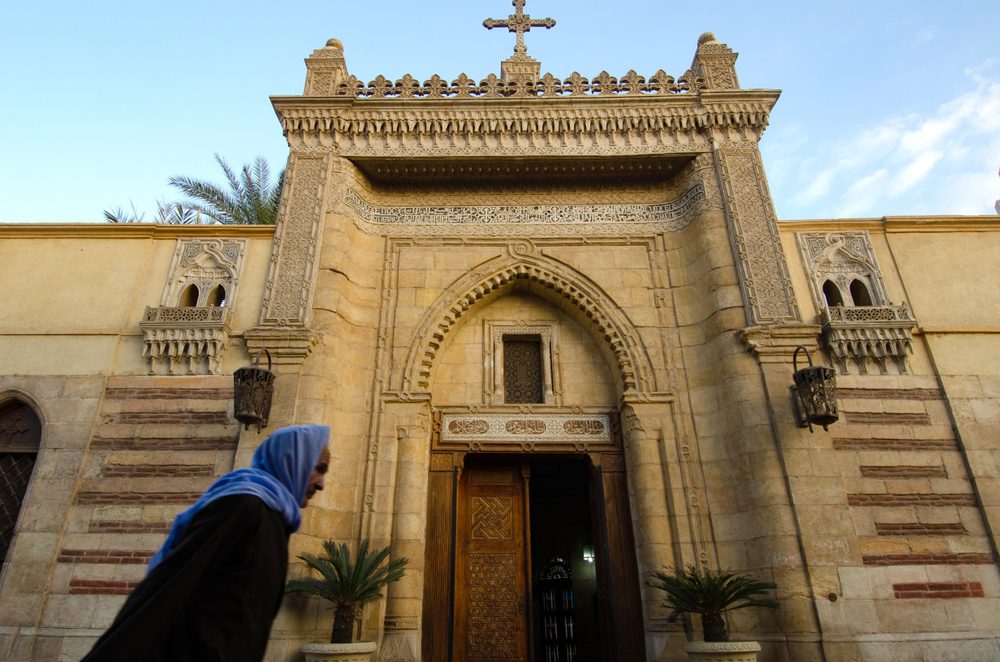
After a fire at a Coptic church in Cairo claimed the lives of 41 people, including 18 children, on the 14th of August, there is now a push to reform the country’s laws to allow for greater structural upkeep, as well as the rebuilding of Christian places of worship.
Days after the deadly accident, on Tuesday 16th, another church saw a fire break out, this time in Upper Egypt, and there have been more recent cases since then.
Electrical short-circuits are nearly always the case, which means that legal and bureaucratic impediments to effecting repairs on churches are now costing lives.
As it stands, Egyptian law is discriminatory. Before 2016, presidential approval had to be sought to build a new church or renovate an existing one. While this is no longer the case, local governors may still block the construction and repair of churches, and there is no mechanism in place to appeal a decision. Christians must always meet very specific conditions, which do not apply to those wanting to build a mosque.
Writes Human Rights Watch:
The new law allows governors to deny church-building permits with no stated way to appeal, requires that churches be built “commensurate with” the number of Christians in the area, and contains security provisions that risk subjecting decisions on whether to allow church construction to the whims of violent mobs.
It seems that, as a consequence, Christian congregations began clandestinely meeting in structures unfit and unsafe for large gatherings.
This is all occurring in a climate of violence against Christians:
President Abdel Fattah al-Sisi pledged to respect freedom of belief … Authorities, however, have failed to protect Coptic Christians from violent attacks and instead enforced “reconciliation” sessions with their Muslim neighbors that deprive them of their rights and allow attackers to evade justice. In some cases, Christians were obliged to leave their homes, villages, or towns … Sectarian clashes have occurred with increasing frequency and intensity since the 2011 uprising.
Legislative changes concerning church construction and repair, therefore, will have to be accompanied by a change in the relative impunity with which violence is presently committed against Christians. This, however, requires political will on the part of local governors, as well as, apparently, a shift in how Christians are perceived by some of their neighbors.
